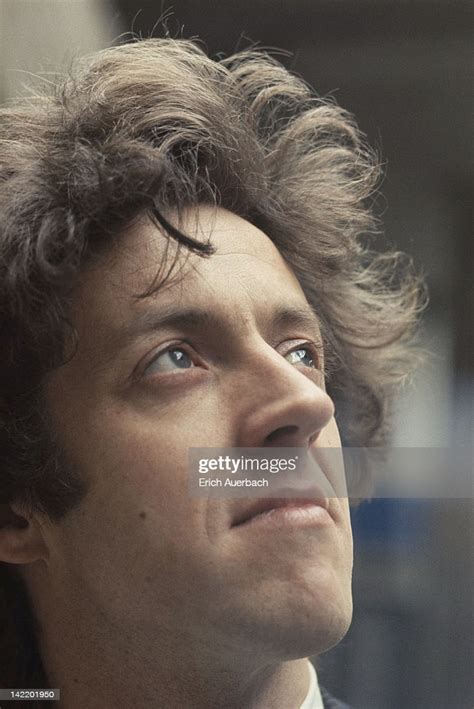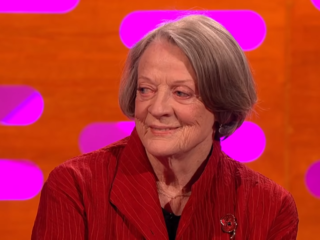A Quote by Brian Eno
What happens with notation is that it reduces things to a language which isn't necessarily appropriate to them. In the same way that words do, you get a much cruder version of what was actually intended.
Related Quotes
Being a slow reader would normally be a deficiency; I found a way to make it an asset. I began to sound words and see all those qualities - in a way it made words more precious to me. Since so much of what happens in the world between human beings has to do with the inconsideration of language, with the imprecision of language, with language leaving our mouths unmediated, one thing which was sensuous and visceral led to, in the use of language, a moral gesture. It was about trying to use language to both exemplify and articulate what good is.
It has not been definitively proved that the language of words is the best possible language. And it seems that on the stage, which is above all a space to fill and a place where something happens, the language of words may have to give way before a language of signs whose objective aspect is the one that has the most immediate impact upon us.
A practice that is suitable for one person is not necessarily suitable for someone else, and a practice that is appropriate for one person at one time is not necessarily appropriate for that same person at another time. Buddha did not expect us to put all his teachings into practice right away--they are intended for a great variety of practitioners of different levels and dispositions.
The charge of being ambiguous and indefinite may be brought against every human composition, and necessarily arises from the imperfection of language. Perhaps no two men will express the same sentiment in the same manner and by the same words; neither do they connect precisely the same ideas with the same words.
In your relationship with God there are also times when you want to say things and you're trying to find the words to express them. In a human relationship sometimes you struggle for words and you've got to do it, but in a relationship with God he can actually give you a language which enables you to communicate. In a relationship with God you feel things and you want to express them and you're not limited by human language. You can express what you really feel in your heart, through a language that he gives you, and that helps you to communicate with God.
You don't realize how language actually interferes with communication until you don't have it, how it gets in the way like an overdominant sense. You have to pay much more attention to everything else when you can't understand the words. Once comprehension comes, so much else falls away. You then rely on their words, and words aren't always the most reliable thing.
If you have words and want to write music for them, the words hit you with a feeling which you can't really describe in words, and so what you do is to put music to them and in this way you make contact with the words, through the musical thing. It happens when two feelings come together and they do something together and they compliment each other.
I'm chasing a kind of language that can be unburdened by people's expectations. I think music is the primary model-how close can you get this language to be like music and communicate feeling at the base level in the same way a composition with no words communicates meaning? It might be impossible. Language is always burdened by thought. I'm just trying to get it so it can be like feeling.
As ideas are preserved and communicated by means of words, it necessarily follows that we cannot improve the language of any science, without at the same time improving the science itself; neither can we, on the other hand, improve a science without improving the language or nomenclature which belongs to it.
For language to have meaning, there must be intervals of silence somewhere, to divide word from word and utterance from utterance. He who retires into silence does not necessarily hate language. Perhaps it is love and respect for language which imposes silence upon him. For the mercy of God is not heard in words unless it is heard, both before and after the words are spoken, in silence.
Parents are led to believe that they must be consistent, that is, always respond to the same issue the same way. Consistency is good up to a point but your child also needs to understand context and subtlety . . . much of adult life is governed by context: what is appropriate in one setting is not appropriate in another; the way something is said may be more important than what is said. . . .




































